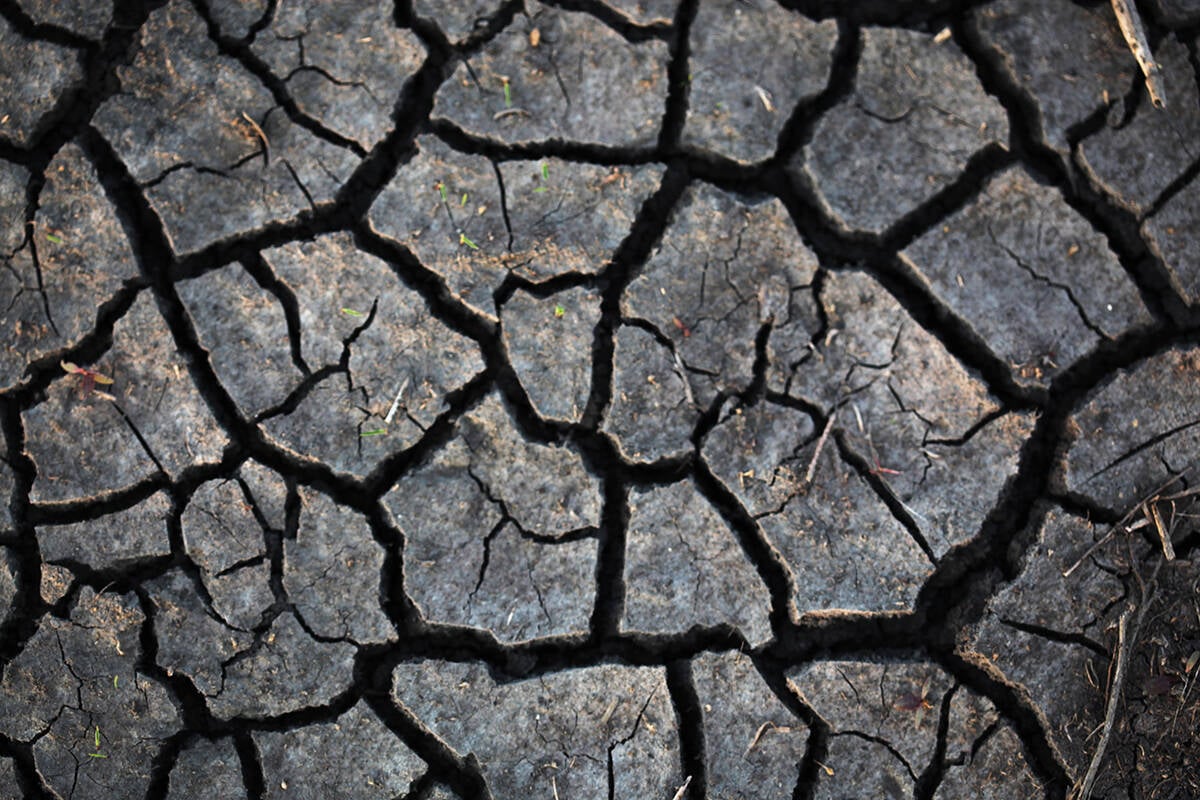Reading market reports last summer could have left you with the impression that heat and drought were wiping out American corn and soybean crops.
Fast forward to today and you see a U.S. Department of Agriculture report that says corn and soybean crops were the second largest on record, with 280 million tonnes of corn and 82.8 million tonnes of soybeans.
The Nov. 10 report said despite the problems in Illinois last summer, yields were better than expected. Corn yield nationally was only about seven percent down from last year’s record, and national soybean yields were up from 2004.
Read Also

Prairies have variable soil moisture conditions
The dry weather in the west was welcome for preserving grain quality and advancing harvest, but it has resulted in very dry soil moisture conditions.
USDA dropped the estimated average farm price for the year to $1.60-$2 US per bushel for corn, down five cents from October. The soybean price was forecast at $4.95-$5.75, also down five cents.
The report showed that with modern crop varieties and management, the U.S. can produce big crops in less than ideal conditions.
The big American crops are weighing down the market generally and large grain supplies in Canada confirm that prairie farmers will find price rallies hard to come by this year.
As we have noted before, the chance for a winter rally rests largely on weather or disease problems in South America.
About half of the area intended for soybeans in Brazil and Argentina is now seeded. Parts of Argentina are dry and Asian soybean rust is a threat in Brazil, but it is too early to say if either will become a problem.
The U.S. Climate Prediction Center last week issued a long-range forecast that ruled out an El Nino this winter and said there would either be no Pacific weather trend or a weak La Nina.
La Nina conditions are characterized by cooler than average water in the Pacific equatorial region.
Oilworld, the influential vegetable oil newsletter, said La Nina is associated with drier than normal conditions in Brazil and Argentina.














